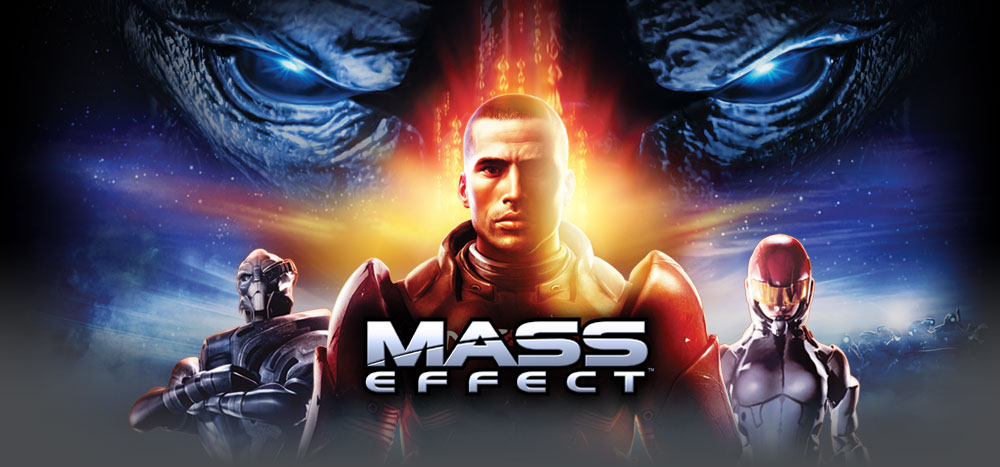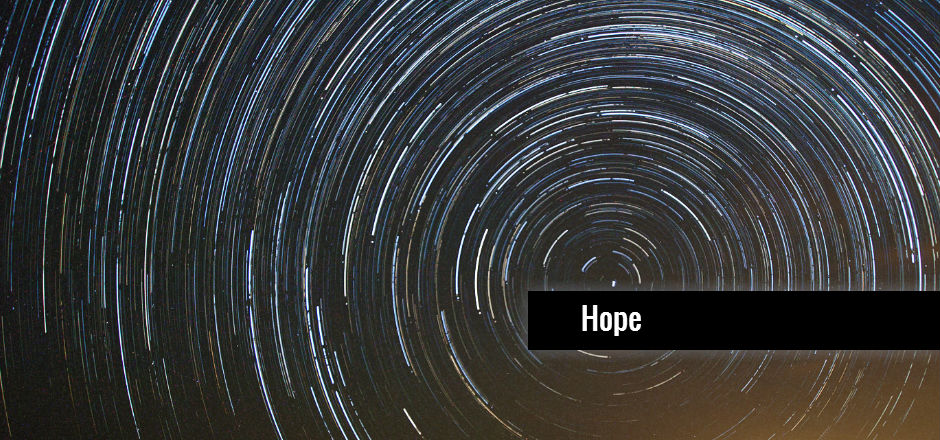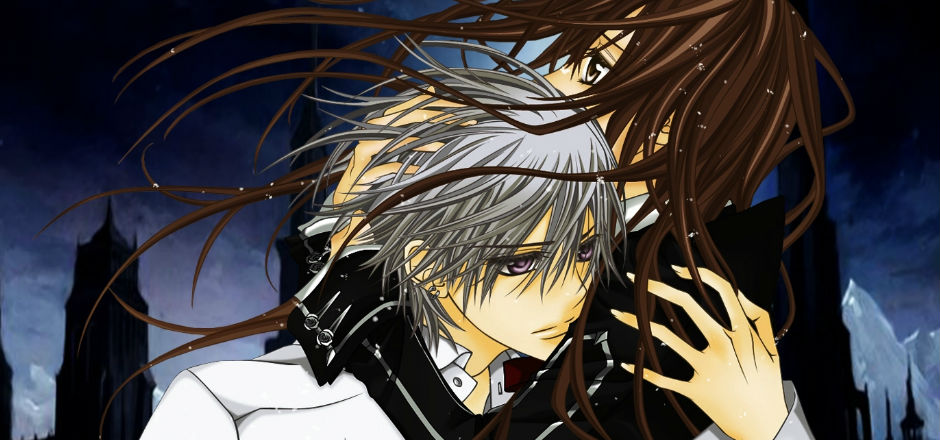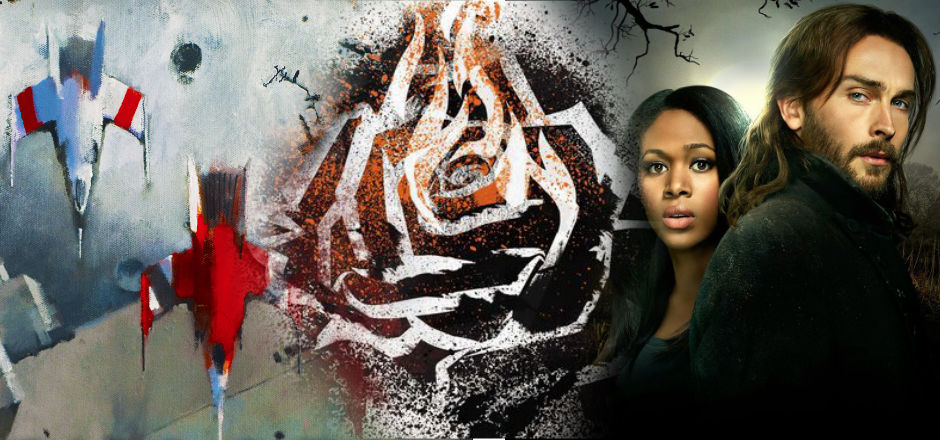The Mass Effect series has kept me hooked for going on four years now. There’s a number of reasons for this, like the engaging plot or the nearly unlimited player freedom, but what really keeps me coming back is how fully realized the Mass Effect universe is. There is a plethora of different alien races to meet, each with their own fully realized cultures and traditions. Of course, most science fiction involving aliens contains metaphors for racism and xenophobia, but Mass Effect is better than most science fiction. The games tackle a number of issues related to race, and does so in a way that doesn’t come across as heavy-handed or preachy.
In Mass Effect, developer Bioware created a universe where racial tensions among humans are next to non-existent; it is clear that anyone can have an important role to play in the galaxy regardless of their social identities. It is, however, implied that rather than reaching this point through actual social progress, it was reached out of desperation and the need for humanity to unite as one group. The humans in Mass Effect have been attacked by several alien armies and knew that one nation alone could not protect Earth.
This history leads many humans to be distrustful of aliens, even though most of the conflicts ended many years ago. In come the parallels to real-life racism. In Mass Effect 1, one of your crew members, Ashley, expresses an intense distrust of her alien comrades aboard the ship. While it is possible to change her views over the course of the three games, in the beginning she is very concerned about working with “them.” The parallel barely even needs to be drawn: people can be heard saying things like this in almost any workplace.
Then there’s the aliens’ attitudes toward the humans. Many aliens view humans as bullies who will do whatever they believe necessary to take over the galaxy. In actuality this appears to be untrue, aside from a few individual characters, but the situation seems to have real-life connotations as certain countries are seen as bullies by the rest of the world.
Some aliens have pre-existing prejudice towards other aliens. The Krogan race in particular hold a grudge against the Salarians, a short-lived reptilian race made up of many scientists, for infecting all Krogan with a disease that wreaks havoc on fertility. In other words, the Salarians used eugenics to keep Krogan from reproducing. While this is a much more extreme version of most real-life eugenics, the parallel is still there.
Again, these parallels are nothing particularly new to sci-fi, but I believe Mass Effect’s presentation of these issues makes the game unique. However, There isn’t a specific stance the writers take on the issues. Instead there is a focus on player choice and customization, so when a crew member refers to alien squad mates as “them,” it’s up to you to decide how to react. You could reprimand her or join in her distaste if you wanted.
It’s an interesting way to handle these issues that aren’t often seen in games. That’s what makes Mass Effect so special: it doesn’t shy away from difficult topics. Not only that, but everything intersects; there isn’t one quest about racism and then another about sexism. Everything is all part of the same story – part of the same world (or galaxy). Sure, there’s a plot involving genocide-inducing war machines, but that’s not what Mass Effect is really about. Mass Effect is about life in the 2180s. It may be set against a sci-fi war backdrop, but the series is about the human experience, even when the subjects aren’t human.
Joel Wallick is currently pursuing a degree in film studies at Bowling Green State University with an undecided minor. He has been gaming since early childhood, beginning with Pokemon Silver.
He has previously written about Motherhood in Mass Effect, and he’s really not that happy about the new Assassin’s Creed game announced at E3.






